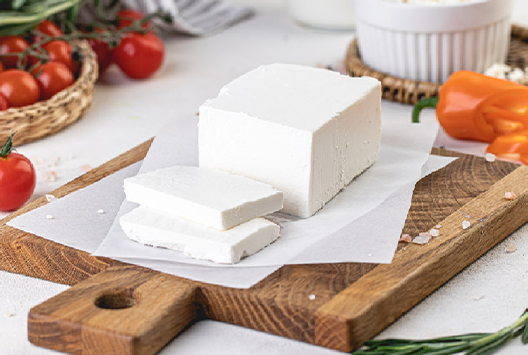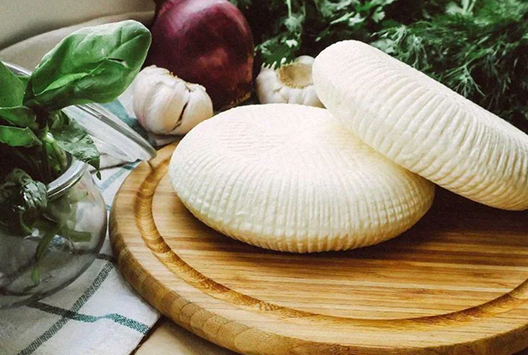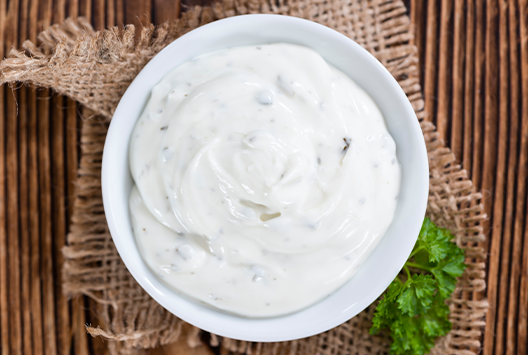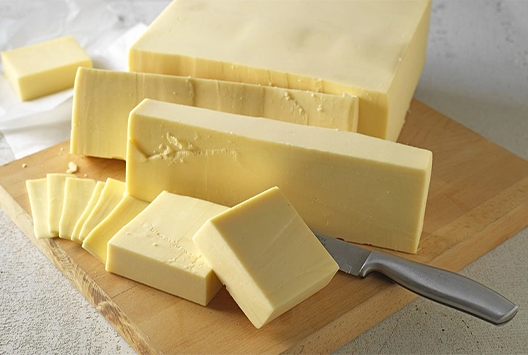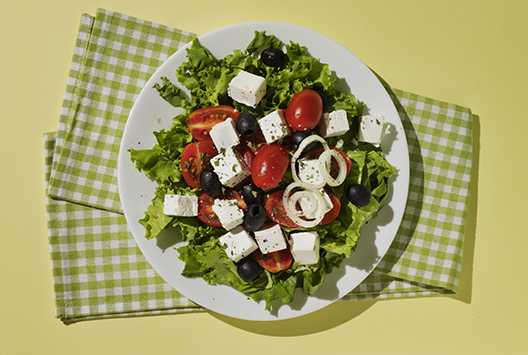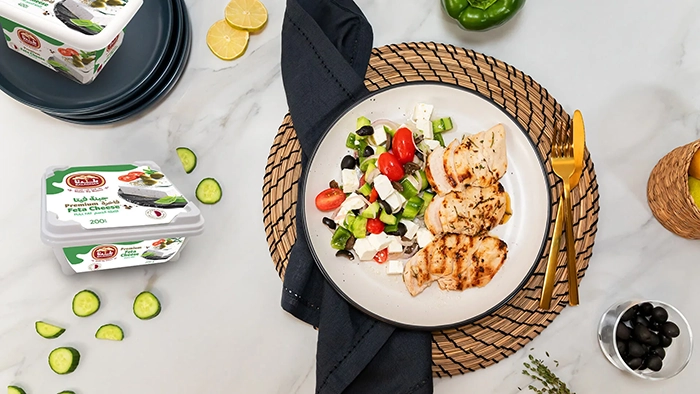
Perfect Feta Cheese Pairings for Every Occasion
Feta cheese, with its crumbly texture and tangy flavor, is a beloved ingredient in many cuisines around the world. Its versatility makes it suitable for a number of dishes — from salads to pastries, and even as a standalone snack.
Whether you’re hosting a gathering or preparing a simple family meal, here are some perfect pairings for feta cheese that will surely leave you and your guests impressed:
1. Fresh Salads
Feta cheese is a natural fit for salads, adding a creamy texture and a burst of flavor. Combine it with fresh arugula, cherry tomatoes, cucumber, and red onion, and drizzle with olive oil and lemon juice. For a Mediterranean twist, try adding kalamata olives and roasted bell peppers. The salty and tangy feta complements the crispness of the vegetables perfectly.
2. Mediterranean Mezze Platter
Create a delightful mezze platter featuring Baladna Premium Feta alongside an assortment of olives, hummus, roasted eggplant, and warm pita bread. This combination is perfect for entertaining guests, allowing them to mix and match flavors.
3. Savory Pastries
Feta cheese can add depth and flavor to various baked goods. Try mixing it with spinach and herbs for a delicious filling in savory pastries like spanakopita or rakakat jebneh. The flaky pastry and creamy feta create a delightful contrast in texture that will impress your guests.
4. Roasted Vegetables
Roasting vegetables brings out their natural sweetness, and adding feta cheese enhances their flavor. Toss seasonal vegetables like zucchini, bell peppers, and cherry tomatoes with olive oil, salt, and pepper, then roast until tender. Crumble Baladna Premium Feta on top just before serving for a tangy finish that complements the sweetness of the vegetables.
5. Pasta Dishes
Feta cheese can be a wonderful addition to both cold and hot pasta dishes. In a cold pasta salad, mix cooked pasta with cherry tomatoes, basil, and a generous sprinkle of feta. For a warm dish, toss cooked pasta with sautéed spinach, garlic, and feta for a quick and tasty meal that is sure to satisfy.
A Final Note on Feta
Whether you're preparing a light salad, a hearty pasta dish, or a savory pastry, Baladna Premium Feta can elevate your meals with its rich flavor and creamy texture.
